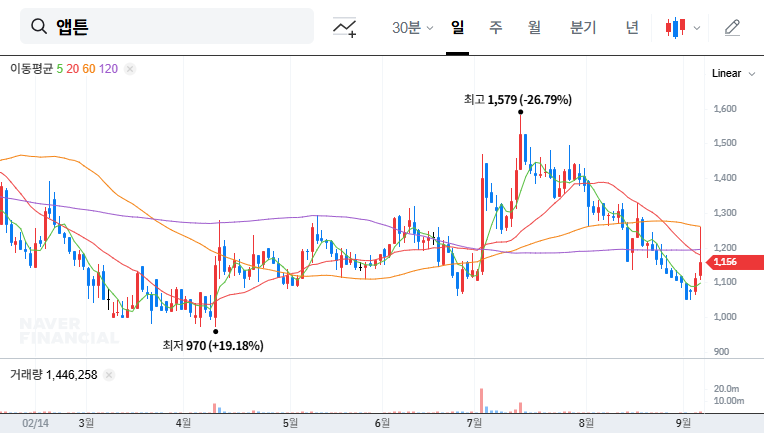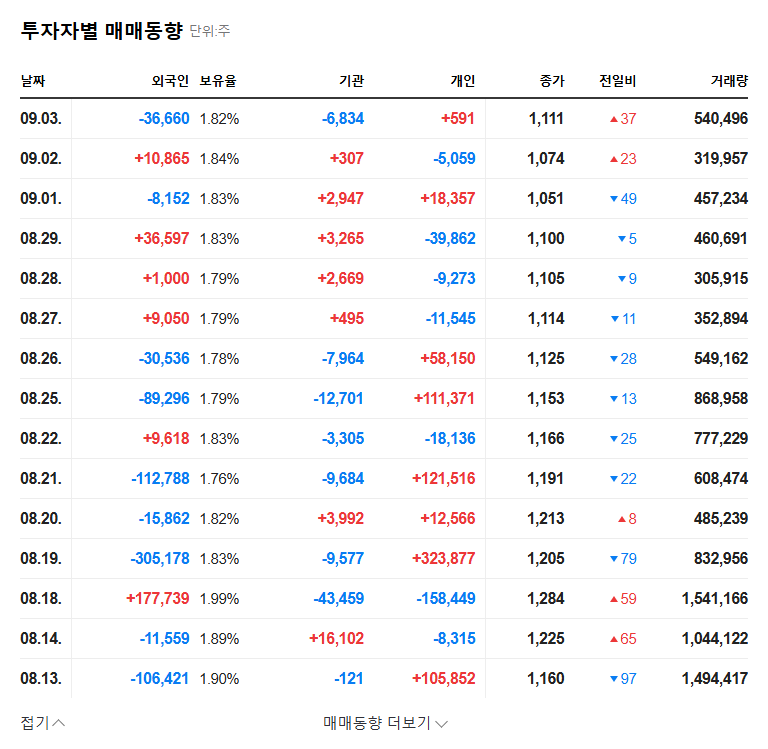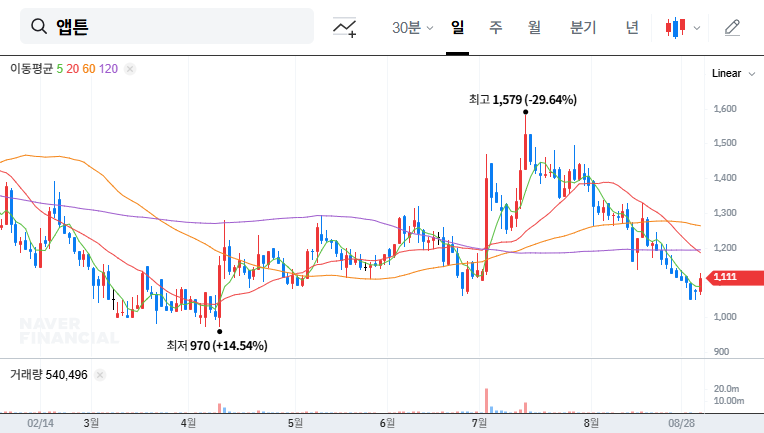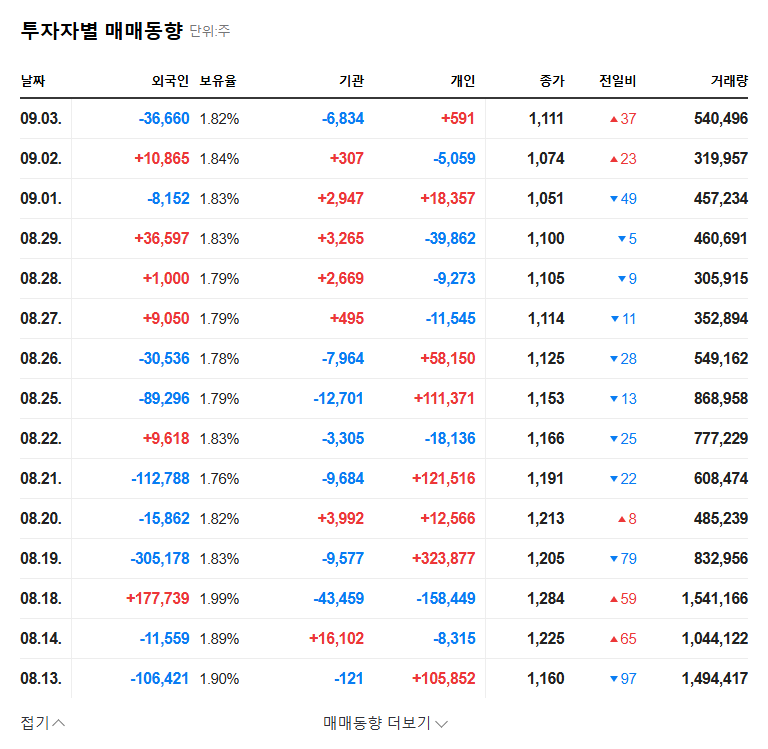
What Happened? APTON’s Warrant Exercise Explained
APTON announced on September 10th the exercise of warrants for 2.51 million shares, with the new shares expected to be listed on September 25th. This represents approximately 1.3% of the current outstanding shares.
Why Does it Matter? Impact on Investors
- Short-term downside: Concerns about overhang (potential for large sell-offs) and stock dilution due to the listing of new shares could put downward pressure on the stock price in the short term.
- Potential long-term upside?: If the funds raised from the warrant exercise are used for new business development and this event is interpreted as a sign of progress, it could be positive in the long run. However, overhang concerns are currently greater.
- No capital inflow: This warrant exercise does not bring any capital inflow to the company, only a dilution effect for existing shareholders.
What Should Investors Do? Investment Strategy
The investment recommendation remains Hold. However, investors should be wary of short-term stock price volatility. If considering a new investment, closely monitor the performance of new businesses such as lithium and neurotherapeutics, as well as improvements in financial soundness.
What’s Next for APTON? Future Outlook
- Short-term: Stock price weakness is expected due to selling pressure and dilution from the warrant exercise.
- Mid-to-long term: The key to a stock rebound will be the visibility of results from new businesses (lithium, neurotherapeutics) and improvements in financial health.
FAQ
What is a warrant?
A warrant gives the holder the right to buy a company’s stock at a specific price (the exercise price) on or before a certain date.
What is an overhang issue?
It refers to a large number of potential shares available for sale, which can suppress stock price increases. When new shares are issued due to warrant exercises, there’s a higher likelihood of selling pressure for profit-taking, creating overhang concerns.
What is stock dilution?
It’s the decrease in existing shareholders’ ownership percentage of a company as a result of the issuance of new shares. An increased number of total shares outstanding can decrease earnings per share (EPS), negatively impacting the stock price.







